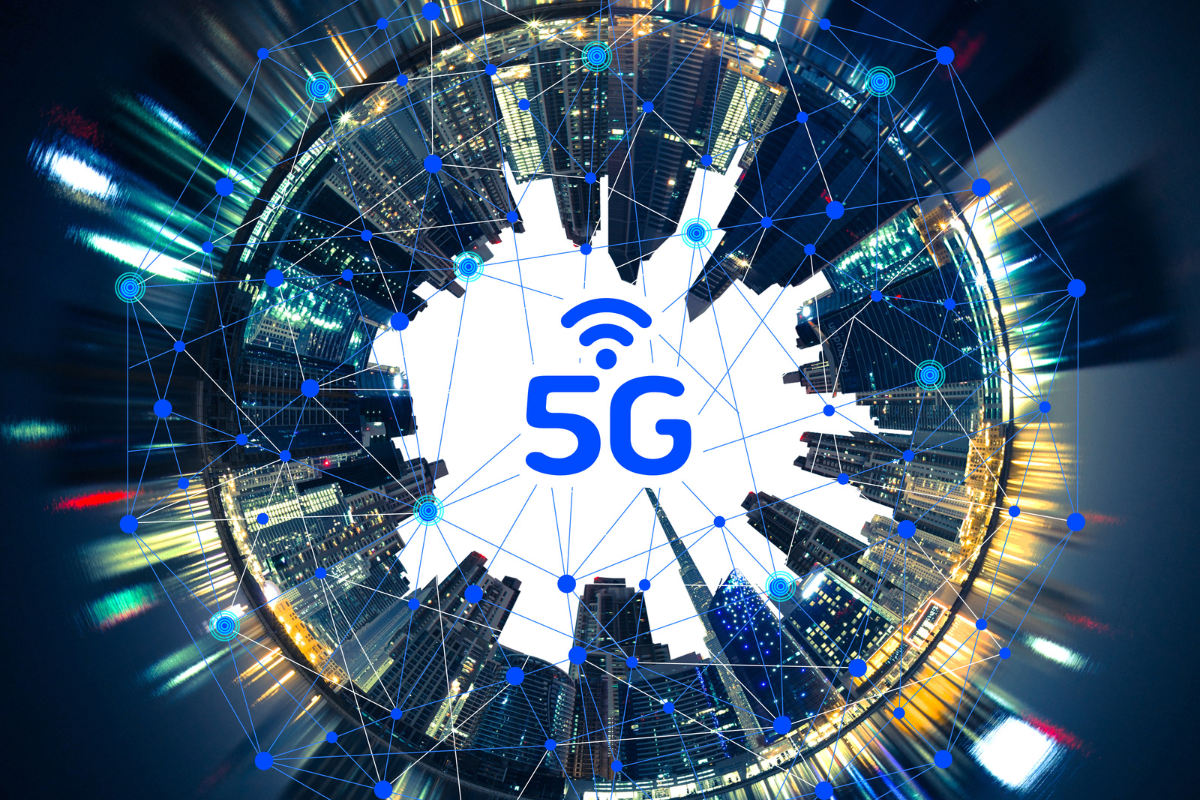5G technology is set to revolutionize industries by providing faster speeds, lower latency, and greater connectivity. This transformative technology opens new opportunities and presents challenges that businesses must navigate. Here’s an overview of the impact of 5G on various industries, highlighting both opportunities and challenges.
Opportunities
Enhanced Connectivity and Speed
5G offers significantly faster data transfer rates compared to previous generations. This speed enhancement allows industries to implement advanced technologies such as IoT, AI, and AR/VR more effectively. For example, in manufacturing, real-time data from sensors can be analyzed quickly, enabling predictive maintenance and reducing downtime.
Improved IoT Applications
The Internet of Things (IoT) will benefit immensely from 5G technology. With its ability to support a massive number of connected devices, 5G facilitates more efficient and reliable communication between devices. Industries such as agriculture can use IoT sensors to monitor crop health and optimize irrigation systems, leading to increased productivity and reduced resource usage.
Remote Work and Collaboration
5G’s low latency and high speed enhance remote work capabilities by enabling seamless video conferencing, real-time collaboration, and access to cloud-based applications. This is particularly beneficial for industries like healthcare, where telemedicine can provide remote consultations and monitor patients’ health in real-time.
Autonomous Vehicles and Smart Cities
The automotive industry will see significant advancements with 5G. Autonomous vehicles rely on rapid data exchange between sensors, other vehicles, and infrastructure. 5G’s low latency and high reliability make it possible to achieve real-time communication, crucial for the safe operation of autonomous vehicles. Additionally, smart cities can leverage 5G to manage traffic flow, monitor environmental conditions, and enhance public safety.
Enhanced AR/VR Applications
Industries such as retail and entertainment will benefit from enhanced AR/VR applications enabled by 5G. Retailers can offer immersive shopping experiences, and the entertainment industry can create more interactive and engaging content. In education, AR/VR can provide interactive learning experiences, enhancing student engagement and understanding.
Challenges
Infrastructure Costs
Implementing 5G technology requires substantial investment in infrastructure, including new antennas, base stations, and network upgrades. These costs can be a barrier for businesses, particularly smaller enterprises, to adopt 5G. Governments and telecom companies need to work together to develop cost-effective solutions and support widespread deployment.
Security Concerns
With increased connectivity and data transfer, security becomes a significant concern. 5G networks must be safeguarded against cyberattacks and data breaches. Industries need to invest in robust cybersecurity measures and continuously monitor for potential threats. Developing standardized security protocols for 5G networks is essential to ensure data integrity and privacy.
Integration with Existing Systems
Integrating 5G technology with existing systems and infrastructure can be challenging. Businesses may face compatibility issues and need to upgrade their current technology stack. This transition requires careful planning, investment, and a phased approach to ensure seamless integration without disrupting ongoing operations.
Regulatory and Spectrum Allocation
The deployment of 5G technology involves navigating complex regulatory environments and spectrum allocation challenges. Governments must allocate sufficient spectrum for 5G services while ensuring fair competition among telecom providers. Regulatory frameworks need to be updated to address the unique aspects of 5G technology and its applications across various industries.
Conclusion
5G technology presents immense opportunities for industries, driving innovation, efficiency, and connectivity. However, businesses must address the associated challenges, including infrastructure costs, security concerns, integration issues, and regulatory hurdles. By strategically navigating these challenges, industries can harness the full potential of 5G technology, leading to transformative advancements and competitive advantages. As 5G continues to roll out globally, its impact on industries will become increasingly profound, reshaping the way businesses operate and interact with technology.




